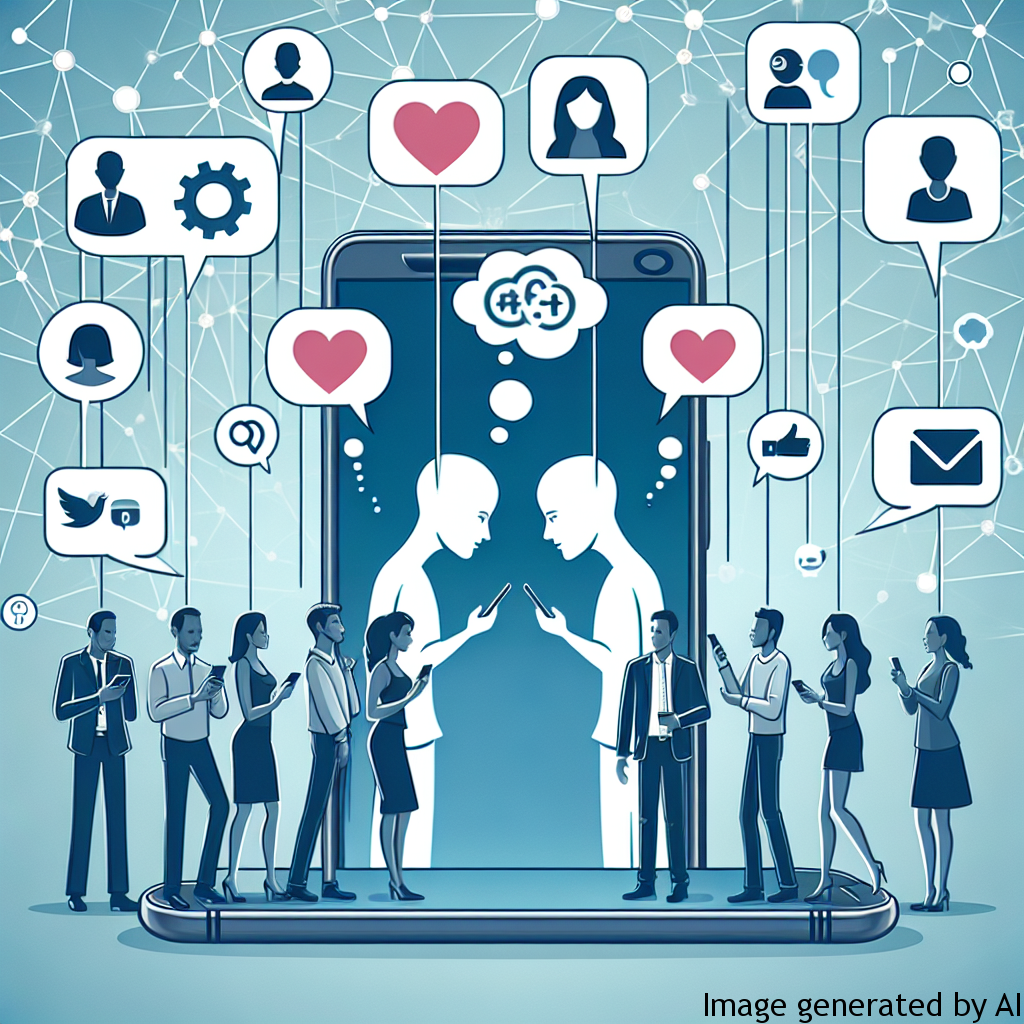Introduction
The rapid rise and ubiquity of social media have dramatically reshaped how people interact and form relationships. With Facebook, Instagram, Twitter, and myriad other platforms, individuals now live much of their social lives online. While this can provide a sense of connection and community, social media also has a profound impact on our relationships. Its influence is rarely straightforward and often intersects with various aspects of identity, including gender.
Description of Gender Expectations and Their Impact on Men’s Mental Health
In most societies, there are often rigid expectations about what it means to be a man or a woman. These expectations, often referred to as ‘gender roles,’ play a significant role in shaping interactions on social media.
The Construction of Masculinity
The traditional perception of masculinity often pressures men to be tough, emotionally stoic, and competitive. This stereotypical masculine identity can be both reinforced and challenged on social media platforms, creating a complex landscape of pressure and expectation. This sort of pressure can potentiate a negative impact on men’s mental health, pushing them towards anxiety, stress, depression, and even suicidal thoughts.
Examples of How Gender Roles Can Impact Men’s Lives
Social media platforms often become an arena where men feel the need to perform their masculinity. This can take many forms, from posting content that highlights physical prowess, competitiveness, or emotional stoicism to actively avoiding content perceived as ‘feminine’ or ‘weak.’
Furthermore, harassment, bullying, or shaming can occur when men deviate from these roles, worsening mental health issues further. Men might also identify with the hyper-masculine images exhibited by influencers on these platforms and subsequently experience feelings of inadequacy when comparing themselves to these often exaggerated displays of masculinity.
Tips for Improving Mental Health Considering Gender Roles
Challenging traditional gender roles and promoting a more inclusive perspective of masculinity can significantly improve men’s mental health.
- Encourage Authenticity: Encourage men to express their genuine feelings and experiences on social media. Promoting authenticity can break the cycle of pressure to conform to a certain image of masculinity.
- Fostering Safe Spaces: Facilitate the creation of groups and forums that allow men to share their struggles and concerns openly without fear of judgement or stigma.
- Promoting Diversity: Advocate for a more inclusive, diverse representation of masculinity on social media platforms. By celebrating all forms of masculinity, we can start to dismantle rigid gender expectations.
- Support and seek professional help: Encourage men suffering from mental health issues to seek professional help and support them.
Conclusion
Social media profoundly affects our relationships, often amplifying broader societal expectations and pressures. For men, this can mean the reinforcement of stereotypical gender roles, with profound implications for mental health. By challenging these expectations and promoting authenticity and diversity, we can make social media a healthier space for men and all individuals alike.

